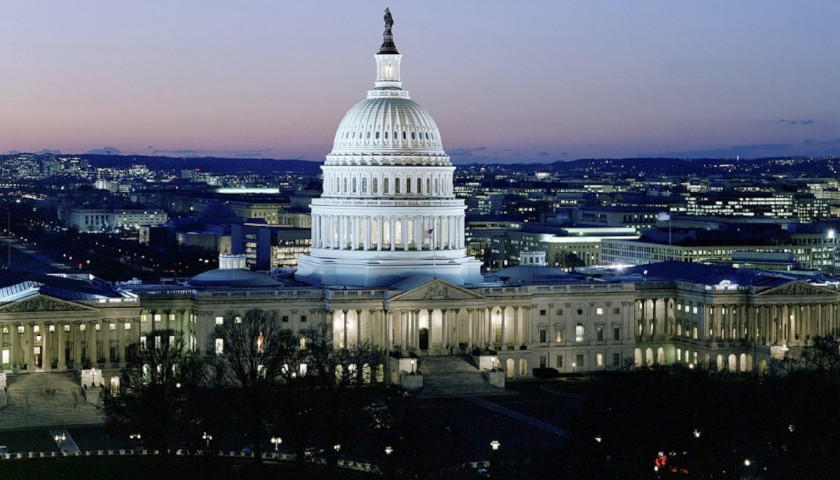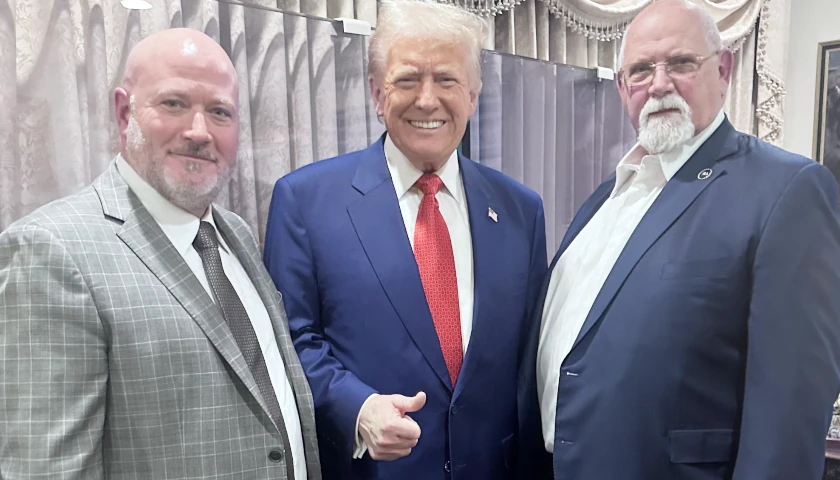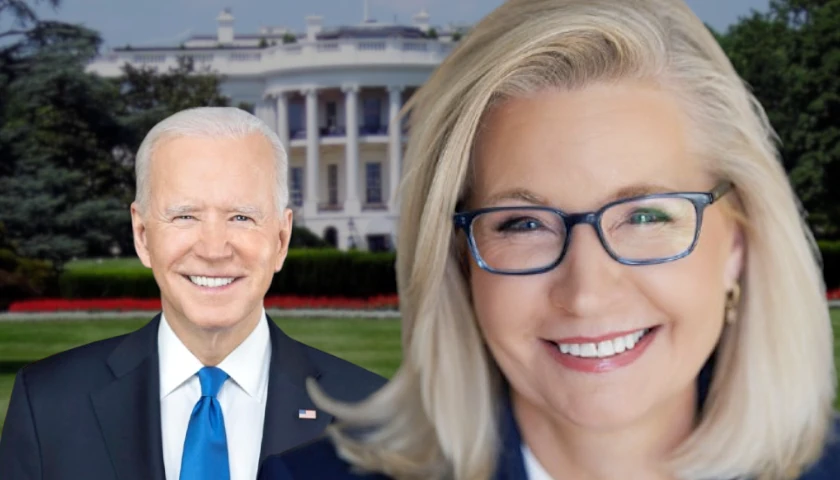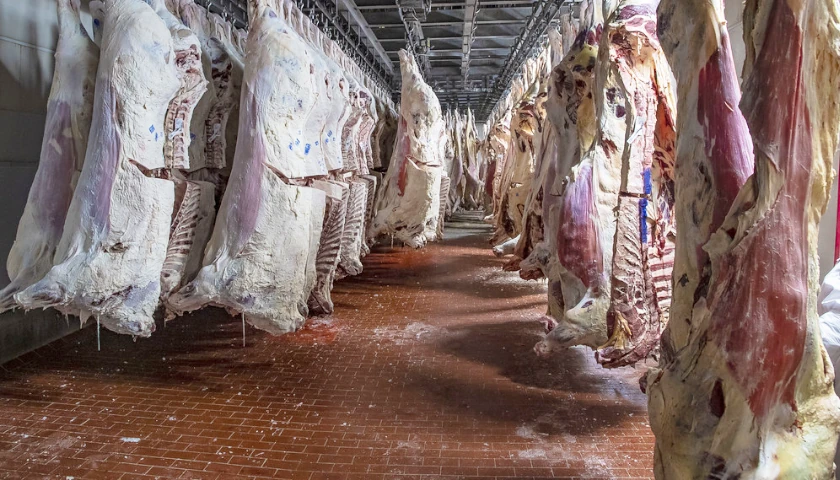by Arjun Singh
The Senate has adjourned for the remainder of the year after failing to negotiate a deal to reform border security in exchange for aid to Ukraine and pass appropriations bills to fund the government.
Republicans in Congress have refused to support a $60 billion aid package to Ukraine during its war against Russia, requested by President Joe Biden unless Senate Democrats permit the passage of conservative border security priorities. After convening the Senate during its holiday recess on Monday, to give time for more negotiations, the Senate adjourned on Wednesday night for the remainder of the year without reaching a compromise, as well as without passing appropriations bills submitted by the House of Representatives to fund the government and a bipartisan railway safety bill.
“It’s one of the hardest things this senator has undertaken in a very long time…nobody is going to get everything they want,” said Senate Majority Leader Chuck Schumer on Wednesday, in his last morning statement of the calendar year, regarding border security negotiations. “We will not abandon our principles on [the] border…it will take cooperation from serious-minded Republicans to get this done.”
It’s time to stop the chaos Biden has created and for the United States to take back control of our border from the cartels. pic.twitter.com/T98OftBBRW
— Sen. James Lankford (@SenatorLankford) December 11, 2023
 Schumer and Senate Democrats have been adamantly opposed to most Republican border security proposals embodied in H.R. 2, the “Secure the Border Act,” which was passed by the House in May. The bill would recommence the construction of a wall along the U.S. border with Mexico — a longstanding promise of former President Donald Trump — prohibit aliens who enter the U.S. illegally from seeking asylum and expand the ability of Immigration and Customs Enforcement (ICE) to remove aliens who are ordered deported from the country, among others.
Schumer and Senate Democrats have been adamantly opposed to most Republican border security proposals embodied in H.R. 2, the “Secure the Border Act,” which was passed by the House in May. The bill would recommence the construction of a wall along the U.S. border with Mexico — a longstanding promise of former President Donald Trump — prohibit aliens who enter the U.S. illegally from seeking asylum and expand the ability of Immigration and Customs Enforcement (ICE) to remove aliens who are ordered deported from the country, among others.
“We want to reach a middle ground with Republicans on the border. It’s important. But we cannot waste time on something like H.R. 2, which every single Democrat voted against, which could never pass the [Senate],” Schumer said in remarks on the Senate floor on Dec. 6. By contrast, House Speaker Mike Johnson has indicated that H.R. 2 is House Republicans’ principal proposal on border security and the basis of any negotiation.
The Biden administration has warned of dire consequences if aid to Ukraine is not approved immediately.
“[W]ithout supplemental funding, we’re rapidly coming to an end of our ability to help Ukraine respond to the urgent operational demands that it has. Putin is banking on the United States failing to deliver for Ukraine,” said President Joe Biden at a joint press conference with Ukrainian President Volodymyr Zelenskyy at the White House on Dec. 13.
Beyond negotiations on border security, the Senate must pass 12 appropriations bills to fund the government for the remainder of Fiscal Year 2023-24, which has so far been funded by continuing resolutions passed on Sept. 30 and Nov. 15. The Senate has only passed three of the twelve bills, which are different from House versions, and taken no action on four others that the House has submitted, with five bills having passed neither chamber.
The Senate has also sought to pass the Railway Safety Act of 2023, a bipartisan bill that imposes more regulations on railroad companies following a derailment on Feb. 3 in East Palestine, Ohio, where the release of 100,000 gallons of hazardous chemicals into the atmosphere prompted an evacuation of nearby towns. The bill has been opposed by the American Association of Railroads (AAR), railroad companies and a large coalition of conservative policy groups, who have said that it will cause “unintended negative consequences for the supply chain.”
“There’s a lot we must do. We must not only pass the supplemental and finish the job of properly funding our federal government…[get] something done on rail safety,” Schumer said on Wednesday.
The Senate had been due to begin its period of “State Work” on Dec. 18. On Wednesday, as it became clear that a deal would not materialize, Senators who had convened for that purpose began to leave, with Schumer using floor time to confirm Biden administration nominees by voice vote.
“As negotiators work through remaining issues, it is our hope that their efforts will allow the Senate to take swift action on the national security supplemental early in the new year,” wrote Schumer and Senate Minority Leader Mitch McConnell in a joint statement on Tuesday. Additionally, both houses of Congress will also need to pass bills to fund the government, failing which a partial shutdown will occur on Jan. 19.
– – –
Arjun Singh is a reporter at Daily Caller News Foundation.








